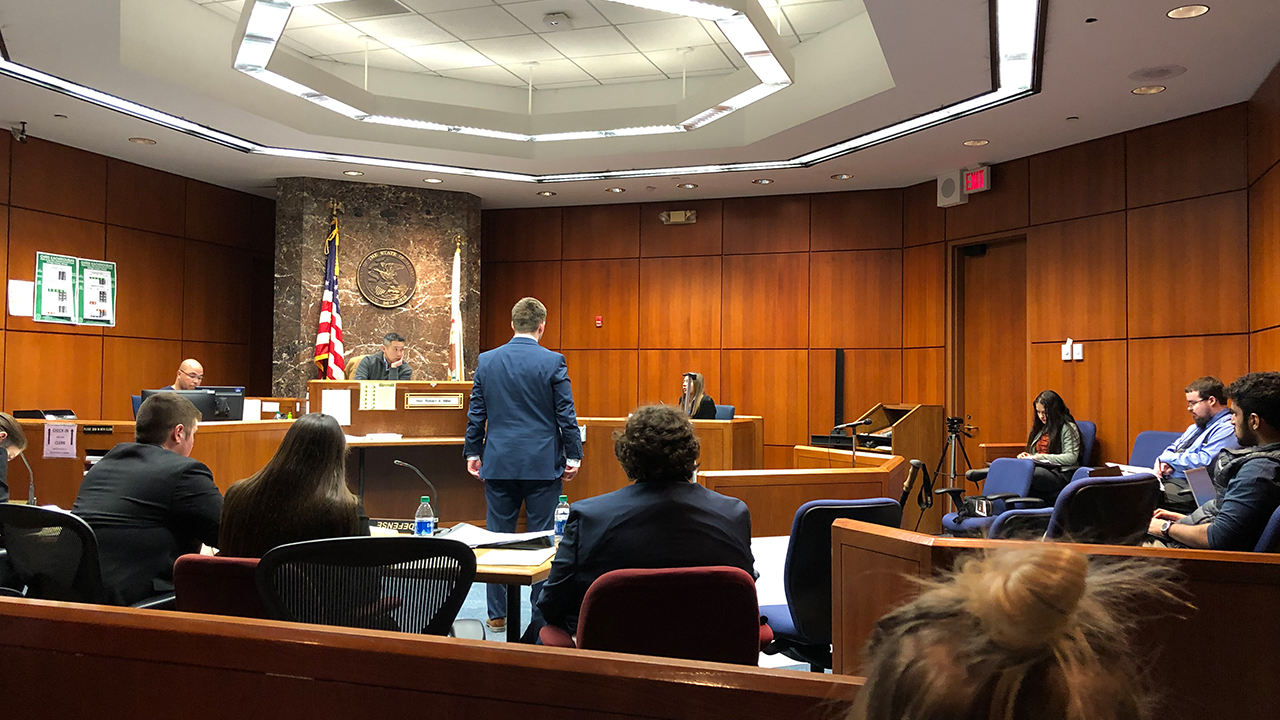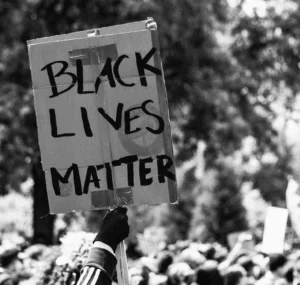By Chenchen Lu | Purdue University
Mock trial competitions offer high school students a unique platform to delve into the complexities of the legal system while honing invaluable skills. At Morton High School, students like Ulysses, Lily, and Nicole share their experiences, revealing how these events go beyond courtroom dramatics to teach lessons in collaboration, critical thinking, and civic engagement.
A Collaborative Learning Process
For Ulysses, a senior at Morton High, stepping into the world of mock trials was both challenging and rewarding. “As an attorney, I collaborated closely with my witness to develop arguments and strategies,” he said. His roles varied, from questioning witnesses to delivering compelling testimony. Despite initial hurdles, he credits his team and coach for helping him navigate responsibilities.
“We broke into groups to refine our strategies,” Ulysses explained. This cooperative approach ensured everyone contributed to the team’s success. “It taught me the value of communication and adaptability.”
Lily, a junior and team captain, reflected on how the dynamic nature of mock trial preparations built camaraderie. “We focused on constructive feedback, refining our scripts with every practice,” she said. Her leadership role also deepened her understanding of legal intricacies while allowing her to mentor newer teammates.
Overcoming Challenges and Building Skills
Despite the enriching experience, students faced several challenges, from mastering legal procedures to refining public speaking skills. Nicole, another senior, shared how she used feedback and practice to conquer her initial struggles with tone and intonation. “I also watched YouTube videos to better visualize trials,” she said, underscoring the importance of learning through multiple resources.
For Lily, teaching legal concepts like objections to less experienced teammates was a significant hurdle. Frequent practice sessions and guidance from legal professionals helped bridge knowledge gaps.
These efforts paid off, as students reported noticeable improvements in critical thinking, public speaking, and analytical skills. “I’ve learned to think on my feet and communicate under pressure,” Ulysses noted.
The Role of Coaches
Coaches play an instrumental role in guiding students, though the students suggested areas for improvement. The man behind these successes, Coach Jeff, brings years of experience to the mock trial program. Known for his hands-on mentorship and insightful critiques, he fosters an environment where students feel supported yet challenged to excel.
“My goal is to help students uncover their potential,” Jeff explained. “Mock trial is about more than winning—it’s about learning to communicate, analyze, and collaborate under pressure. These are life skills they’ll carry into any field.”
Nicole proposed assigning roles earlier in the process to give teams more time to prepare. “Mock trial has been one of the most meaningful parts of my high school experience,” Lily said. “It’s more than an extracurricular activity—it’s a way to build skills, confidence, and a sense of purpose.” Despite these critiques, the students expressed immense gratitude for their mentors’ dedication.
Civic Engagement Through Mock Trials
Beyond academic and personal growth, mock trials also offered students a deeper understanding of the legal system and civic responsibility. “Participating gave me insight into the roles of attorneys, witnesses, and judges, and helped me appreciate the complexities of legal advocacy,” Lily explained.
Nicole echoed this sentiment, emphasizing how mock trials prepared her to be a more informed citizen. “It’s not just about winning a case—it’s about understanding the importance of thorough preparation and effective communication in any societal role.”
Chenchen Lu is a Ph.D. candidate at Purdue University, focusing on civics and citizenship education. He can be reached at lu927@purdue.edu.




